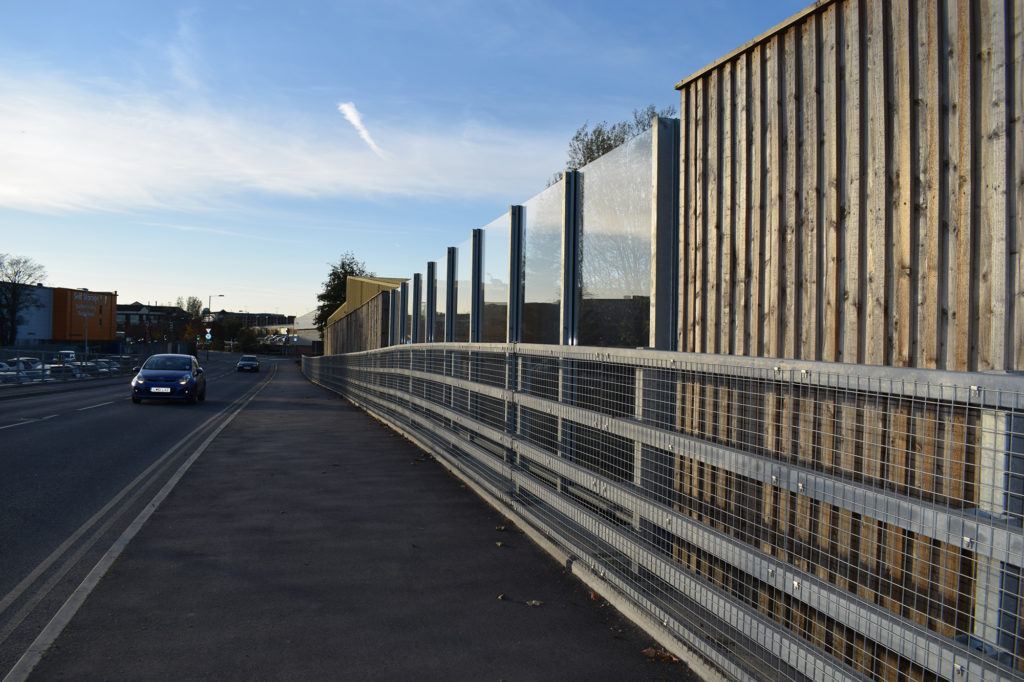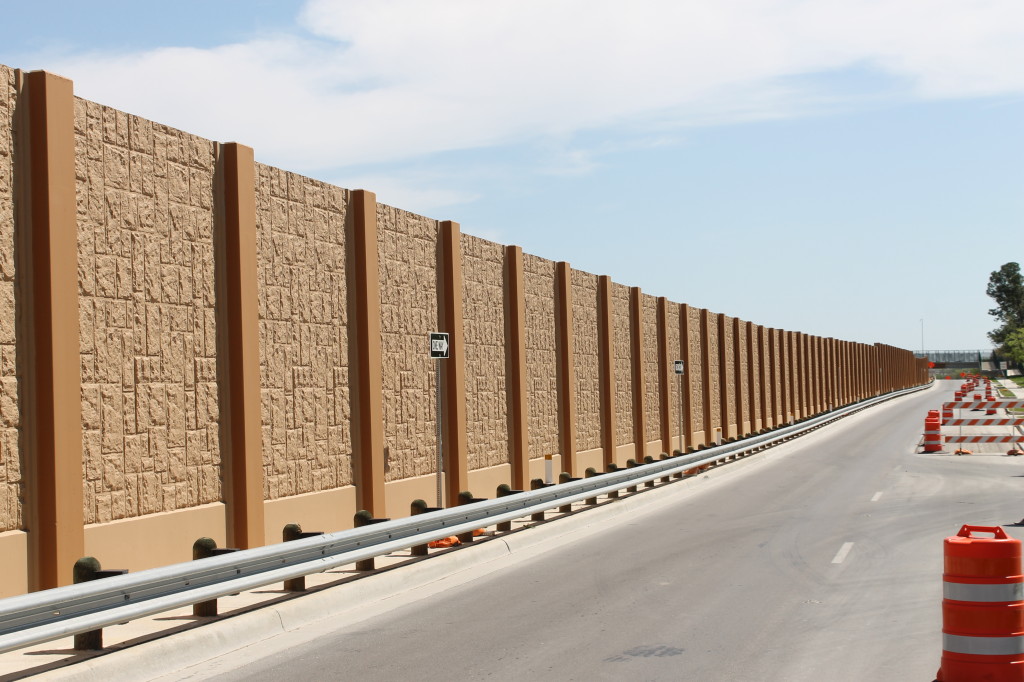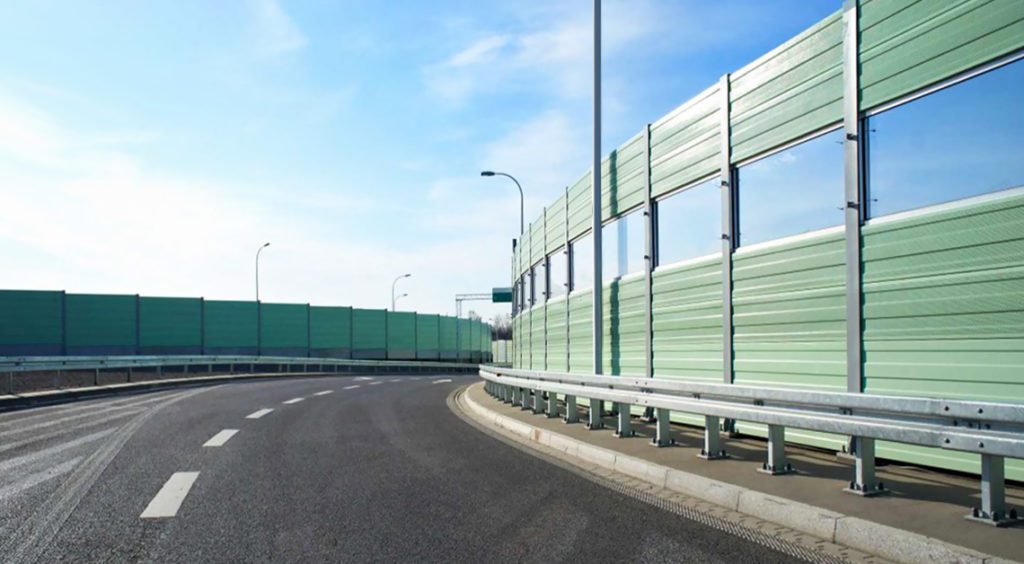It’s no surprise that acoustic fencing is becoming more popular as the modern world becomes more densely inhabited than ever before. Everyone is frequently surrounded by undesirable noise, which might range from noisy neighbors to vehicles. The sound walls highway typically stay intact without allowing sound waves to penetrate or pass through it and have a minimum mass of 10kg/m2 to prevent noise from flowing through its materials.
Types of sound walls for Highways
Considering the surroundings and requirements, sound walls highway material needs to be chosen. Aesthetics, privacy, size, cost, and upkeep are all critical considerations in addition to the ability to suppress sound. Below are the Sound wall types that work in reducing the noise on highways.
Timber

Timber sound walls are excellent for most sites (especially schools, houses, and business sectors) because of their attractive natural appearance and ease of installation. They resemble a timber garden fence and deliver up to a 32dB decrease in noise. A deep V tongue and groove fence stops sound from passing through while still providing seclusion.
With an anti-climb flat shape and the ability to be integrated with steel for high-security applications, timber acoustic barriers also offer greater security.
Metal
Metal barriers are strong, durable, and can reduce noise by up to 28 decibels. To perform well, the barrier should have a minimum mass of 10kg/m2 to prevent undesired sounds from escaping through. Metal sound walls are better suited to business or industrial settings because they are less appealing than timber barriers, and a seaside location would necessitate a marine coating on the barrier to avoid rust.
Concrete
Many people are wary of using concrete for sound walls because of its negative environmental impact, although it does have certain advantages, such as excellent performance and ease of construction. Concrete sound walls are more expensive than other types of sound walls, such as wood, and they are more obtrusive due to the height and thickness required for efficient noise attenuation, which is often approximately 50dB.

Acrylic and Perspex
Acrylic and Perspex sound walls are appropriate for situations where visibility through a barrier is necessary, but privacy is less of a concern. The material’s smooth, flat surface provides built-in protection, making it impossible to climb and deter potential attackers. While acrylic and Perspex are effective sound walls that can reduce noise by up to 32 decibels, they are prone to warping.
Earth bunds
Earth bunds are large mounds of earth that are built around the perimeter of a site to direct water flow and act as a sound barrier. Due to the vast amount of land required for earth bunds, architects and developers may select more compact sound walls, such as a fence. Despite their appealing, natural appearance, earth bunds also require upkeep to keep plant growth to a minimum, especially near roadways.
Conclusion
It’s challenging to know which sound walls highway is appropriate for the location when there are many to select from. Hence, seeking a professional service is crucial as they are equipped with the knowledge and experience to evaluate the right option.






